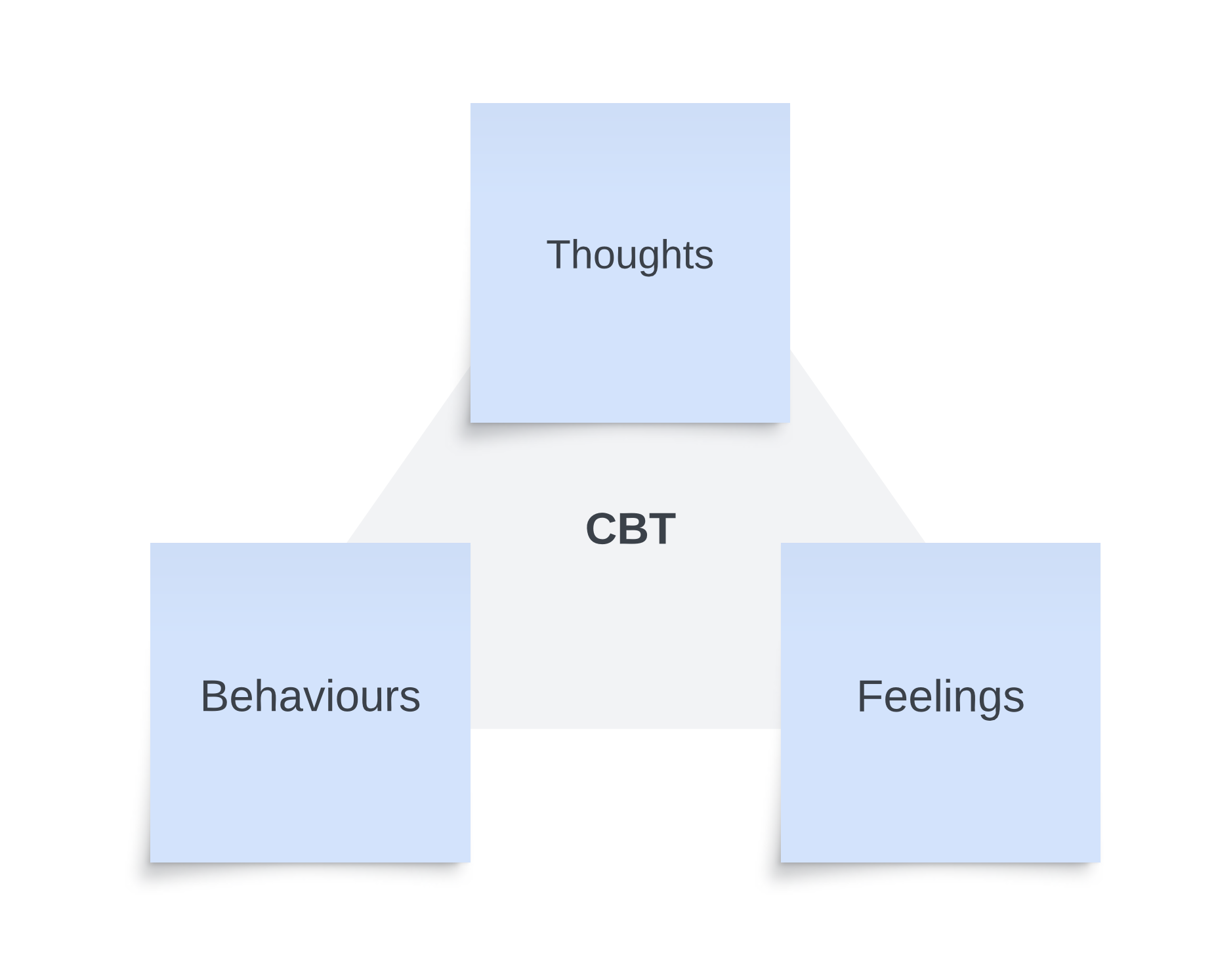Cogntitive behavioural therapy
- 01 Dec 2023
- 1 Minute to read
- Print
- PDF
Cogntitive behavioural therapy
- Updated on 01 Dec 2023
- 1 Minute to read
- Print
- PDF
Article summary
Did you find this summary helpful?
Thank you for your feedback

- Cognitive behavioural therapy (CBT) is theory based and helps an individual to learn helpful ways of thinking and reacting in everyday situations.
- It has been found to be an effective treatment for women going through the menopause and can help women to manage anxiety, stress, low mood, poor sleep, hot flushes and night sweats.
- Its use is supported by both NICE and the BMS.
NICE says:
- Consider CBT for troublesome vasomotor symptoms, difficulties with sleep or depressive symptoms associated with the menopause.
- When discussing CBT as a possible treatment for troublesome menopause symptoms, discuss available options such as individual face to face, individual virtual, group sessions, self-help and online resources.
- NICE recommends the SLEEPIO app which uses digital CBT for symptoms of insomnia. Various other apps are available.
- The BMS has published a quick reference leaflet for clinicians which supports CBT as a treatment option in the menopause.
References and Further Information:
- Hunter M and Smith M. Cognitive behaviour therapy (CBT) for menopausal symptoms. British Menopause Society. Tools for clinicians. 2019.
- Nonhormonal management of menopause-associated vasomotor symptoms: 2015 position statement of The North American Menopause Society. Menopause. 2015;22(11):1155-72.
- Woyka J. Prescribable alternatives to HRT. British Menopause Society. Tools for clinicians. 2020.
- CBT Self-help book. Hunter MS & Smith M. Managing hot flushes and night sweats: a cognitive behavioural approach to menopause. 2014
- NICE guidance endorsing Sleepio app. May 2022.
- NICE CKS guidance. Menopause. Menopause Summary. Last revised Sept 2022.
- National Institute for Health and Clinical Excellence (NICE). Guideline. Menopause (update). Draft for Consultation, Nov 2023.
- Book resource. Lee David, Using CBT in General Practice, 2nd Edition. The 10 Minute CBT Handbook.
Was this article helpful?

